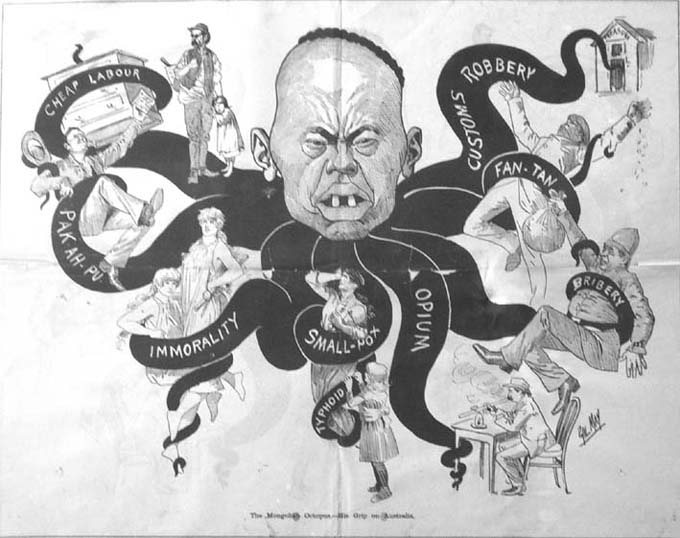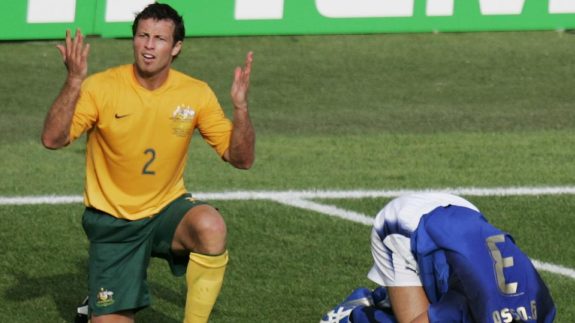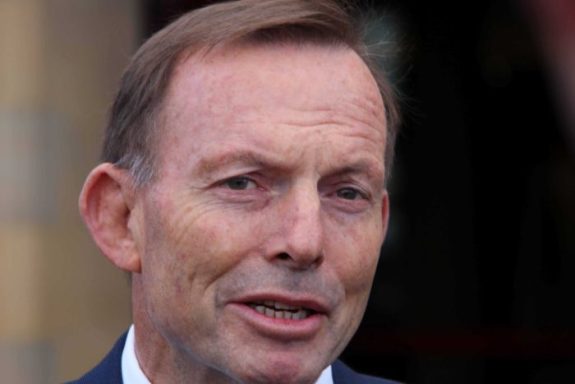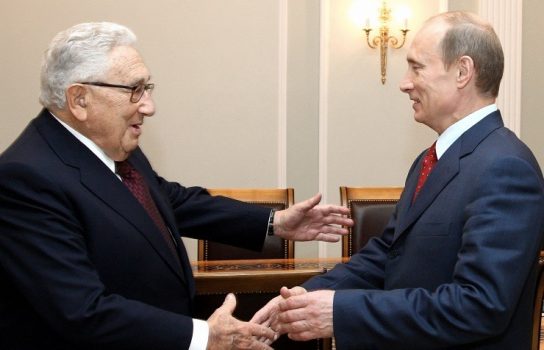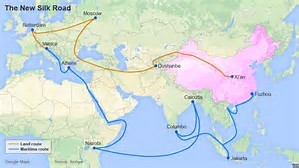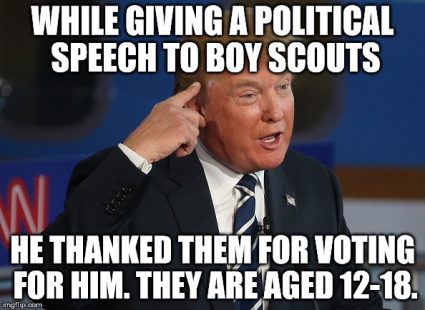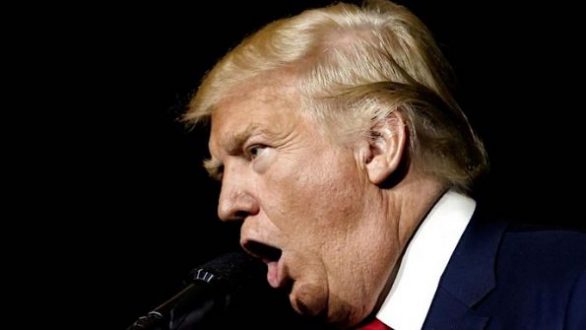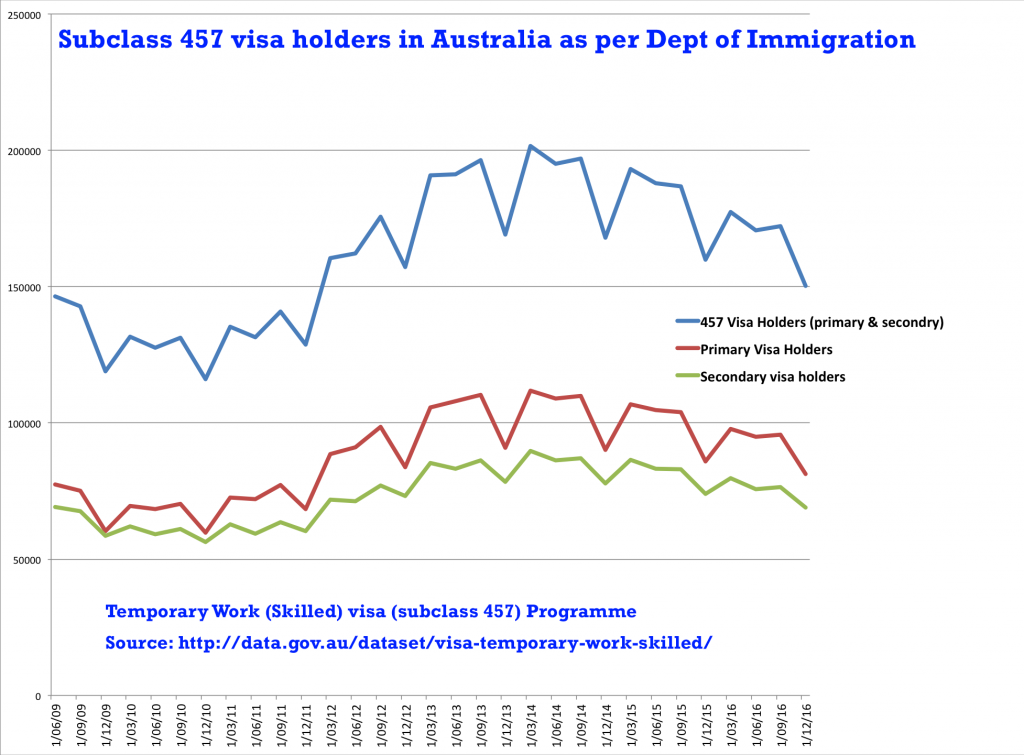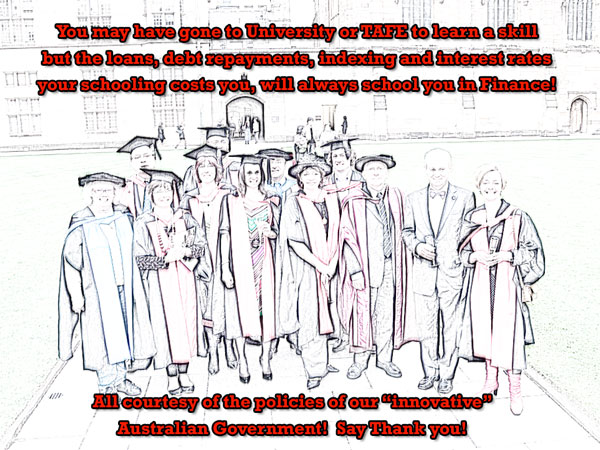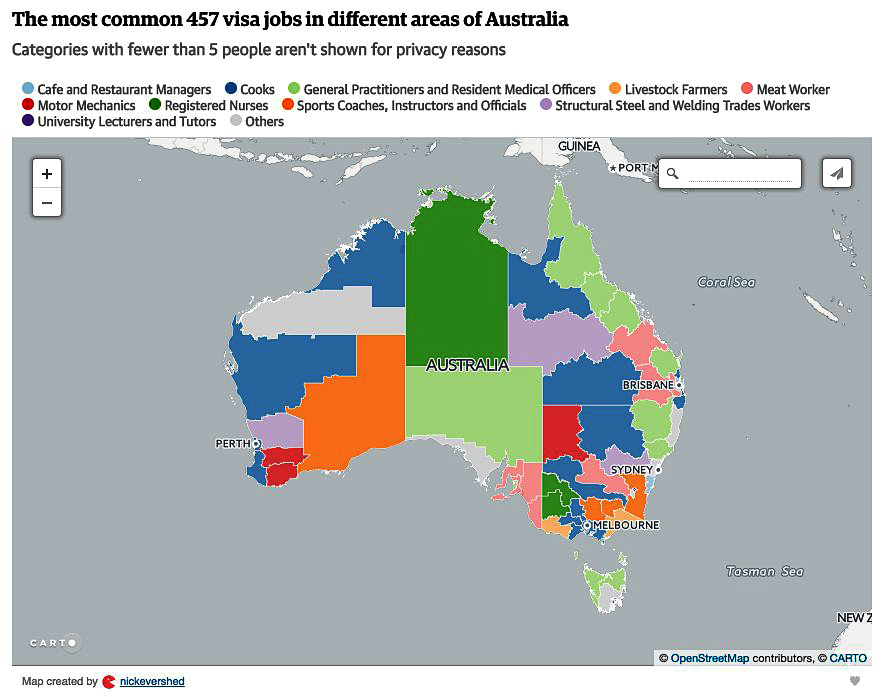Part Seven of a history of European occupation, rule, and brutal imperialism of Indigenous Australia, by Dr George Venturini.
Aside from the commitment of Indigenous communities to dealing with sexual abuse, there was a lot of resentment at media stigmatisation of their communities. Wild and Anderson expressed concern that “Aboriginal men have been targeted as if they were the only perpetrators of child sexual abuse in communities. This is inaccurate and has resulted in unfair shaming, and consequent further disempowerment, of Aboriginal men as a whole.”
They observed that “While the Inquiry found no evidence of any ‘paedophile rings’ operating in the Northern Territory, there was enough evidence to conclude that a number of individual non-Aboriginal ‘paedophiles’ had been infiltrating Aboriginal communities and offending against children.”
The nearest the report came in an attempt to support what would become the Howard Government’s major claims of paedophile rings was this passage: “A number of reliable people in one community alleged that a rampant informal sex trade existed between Aboriginal girls aged between 12-15 years, and the non-Aboriginal workers of a mining company. It was alleged that the girls were provided with alcohol, cash and other goods in exchange for sex. It was further alleged that the girls would actively approach the workers and, at times, would climb over the fence into their residential compound.”
However, the predators here were not Indigenous men but workers engaged by powerful mining interests. This type of paedophile ring evidently did not interest the Howard Government or the commercial media, which had worked themselves into a frenzy at the thought of Indigenous men as predators.
Six weeks after completion, the report was released: 15 June 2007.
The Howard Government, which had sat on the Memmott report for 18 months, pounced.
On 21 June, a year to the day since the publicity had begun which gave air to the ‘sexual slavery’ story, the Howard Government accused the Northern Territory Government of dragging the chain on child abuse. It thus attempted ‘to intervene’.
Prime Minister Howard, and Indigenous Affairs minister Brough staged an impromptu press conference at Parliament House in Canberra, at which they announced that Australia was confronting a ‘national emergency.’
For years there had been a ‘national emergency’ in Indigenous communities, particularly in the Northern Territory. The Howard Government, in office since 1996, was now discovering it.
Howard and Brough claimed that the Northern Territory Government had failed to act on the recommendations of the Little children are sacred report, and announced that the federal government would be using its executive powers, under the Constitution.
When presenting the bill for the Northern Territory Emergency Response Act, Prime Minister Howard said: “It is a disgrace that a section of the Australian population, that little children should be the subject of serious sexual abuse.” (‘Just imagine if it was Marrickville,’ The Sydney Morning Herald, 23 June 2007).
Legislation would be passed by major parties – Labor and Liberal- with the result that it would:
– suspend the Racial Discrimination Act,
– remove the permit system for access to Indigenous land,
– abolish government-funded Community Development Employment Projects (CDEP),
– subject Indigenous children to teaching in a language that they do not speak for the first four hours at school,
– quarantine 50 per cent of welfare payments,
– expect Indigenous People to lease property to the government in return for basic services,
– compulsorily acquire Indigenous land,
– subject Indigenous children to mandatory health checks without consulting their parents, and against the sacred oath of doctors, and
– impose income management with the so-called ‘Basic Cards.’ The card was accepted at government-approved food outlets and in theory is meant to work similarly to a bank ATM card.
Critics of ‘the Intervention’ point out, however, that the word ‘child’ or ‘children’ does not appear once in the hundreds of pages of the Act.
Because the Act has plenty of references to land, many Indigenous People leaders would come to see ‘the Intervention’ as a land grab to make it easier for miners to access Indigenous land.
It seemed impossible to have been able to draft the Act in the short time between publication of the Little children are sacred report and the start of ‘the Intervention’.
On the day ‘the Intervention’ was announced Howard had been Prime Minister for eleven years. In that time there had been thirteen official inquiries into sexual abuse of Indigenous children, three of them federal and with enough opportunities for the federal government to act.
The Northern Territory National Emergency Response Act 2007 would be grounded on section 122 of the Constitution. Under that section, dealing with the Government of territories, “The Parliament may make laws for the government of any territory surrendered by any State to and accepted by the Commonwealth, or of any territory placed by the Queen under the authority of and accepted by the Commonwealth, or otherwise acquired by the Commonwealth, and may allow the representation of such territory in either House of the Parliament to the extent and on the terms which it thinks fit.”
The Australian Army was mobilised ‘to stabilise’ Indigenous communities, additional police forces would be introduced to tackle the ‘endemic levels of child sexual assault’. Land in and around Indigenous townships would be compulsorily acquired for five years, to ensure that ‘traditional owners’ did not get in the way.
The Australian Crime Commission was given extraordinarily powers to investigate the alleged paedophile rings. Despite spending 18 months and millions of dollars, the Commission concluded that there was “not organised paedophilia in Indigenous communities.” Such claims were actually false.
But that took eighteen months to establish. When ‘the Intervention’ was launched, the populace was eager to support the measures in question. Prejudice was at work! The usual ‘people out there’ heard gratuitous smears of Indigenous communities which quickly spread across the mainstream political and commercial media.
The Howard Government even boasted that it would introduce ‘mandatory sexual health checks’ of Indigenous children, apparently believing at the time that his powers as Prime Minister extended to the legal rape of children.
After warning media that ‘the Intervention’ would cost “some tens of millions” of dollars, and setting in train media coverage which would bounce around the globe, the business of restoring ‘the Queen’s peace’ in the Northern Territory got underway.
When ‘the Intervention’ was launched no attempt was made to target the non-Indigenous men in question, let alone their communities. Instead, seventy-three Indigenous communities were “prescribed”, and specifically denied various rights to which everyone else in Australia had access.
By itself, this demonstrates another fraudulent aspect of ‘the Intervention’.
Little children are sacred noted that it did not break any new ground. There were lots of similar reports conducted in states across Australia, with similar findings. They wrote:
“We quickly became aware – as all the inquiries before us and the experts in the field already knew – that the incidence of child sexual abuse, whether in Aboriginal or so-called mainstream communities, is often directly related to other breakdowns in society. Put simply, the cumulative effects of poor health, alcohol, drug abuse, gambling, pornography, unemployment, poor education and housing and general disempowerment lead inexorably to family and other violence and then on to sexual abuse of men and women and, finally, of children.”
Given that it is all obvious, what was the point of another report, one would ask. Well, the authors replied: “but what has been done? We know the problems, we know how to fix many of them and the likely monetary cost … We have an enormous amount of knowledge in this country … The money is available. The Australian Government budget surplus last year was billions and billions of dollars. What has been lacking is the political will.”
And what would the solution look like? Above all, “in a word, empowerment!” The authors wrote that “The thrust of our recommendations … is for there to be consultation with, and ownership by the communities, of those solutions.” The word ‘consult’ and variations of it occur dozens of times throughout the report. From the very beginning, the first recommendation opens with a long anecdote to stress the “critical importance” of consultation. Indigenous People are to be involved at every step of the process, and to design and help implement every initiative, because otherwise they will not work.
With empowerment and investment in Indigenous original initiatives change could come. There would not be simple temporary remedies. Their “conservative estimate is that it will take at least 15 years (equivalent to an Indigenous generation) to make some inroads into the crisis and then hopefully move on from there.” Instead of 15 years of making inroads, both conservative and Labor governments have legislated for 15 years of ‘the Intervention’. It is hard to overstate the divergence between what could have been done and what was done, especially given that ‘the Intervention’ was supposedly based on the Little children are sacred very report.
In the words of Ms. Pat Anderson, “There is no relationship between the Federal response and our recommendations. We feel betrayed and disappointed and hurt and angry and pretty pissed off at the same time.”
Mr Rex Wild Q.C. went on to explain the authors’ central grievance:
“The first recommendation … was absolutely clear: no solution should be imposed from above. We regarded it as critically important that governments commit to genuine consultation with Aboriginal people in designing initiatives for their communities. That recommendation was in line with the findings of every other study prior to ours … When the Prime Minister and his Indigenous Affairs Minister initially announced their emergency response, which included the imminent mobilisation of the military, they had not consulted with, as we understand it, the NT Government, and certainly not with the authors of the report.”
Dysfunction and poverty in Aboriginal communities is confronting, and heart-breaking.
But therein lies one of the great dangers in Indigenous affairs policy-making, a belief which sometimes the ends do really justify the means, and that things are so bad with the Indigenous People that basic media ethics and standards can be suspended.
It is the kind of thinking which comes from the feeling that ‘at least we’re doing something’ school of government policy, a belief that action – any action, really – is better than what people and their institutions have collectively been doing, which is less than the bare minimum. But what if ‘what we’re doing’ is making things worse?
The Little children are sacred report noted: “… It is a very important point and one which we have made during the course of many of our public discussions of the issues that the problems do not just relate to Aboriginal communities. The number of perpetrators is small and there are some communities, it must be thought, where there are no problems at all. Accepting this to be the case, it is hardly surprising that representatives of communities, and the men in particular, have been unhappy (to say the least) at the media coverage of the whole of the issue.”
For obvious reasons, that ‘unhappiness’ is particularly acute in Mutitjulu, where local elders said their community has virtually emptied since the programme.
It is an unhappiness which is also palpable across the rest of the Northern Territory. A subsequent federal government review of ‘the Intervention’ found that incidents of attempted suicide and self-harm in Indigenous communities had more than quadrupled in communities since the launch of ‘the Intervention’. As it is the case across the Territory, more than a dozen people living in a single dwelling – and upwards of 30 is quite uncommon – then the introduction of a single sexual predator to a household provides access to substantially more victims.
When Labor gained government in 2007, it launched a review of ‘the Intervention’. Though the review panel was handpicked by the new Indigenous Affairs Minister, Ms Jennifer Louise Macklin, it proved too brutally critical of ‘the Intervention’. A draft of the final report was leaked to The Australian, demonstrating that the final version, which was published, was a significantly watered down version of what the original panel had written.
The report observed that the impact of the Intervention was like “an experience of violence itself”, stressing that “the way forward must be based on a fresh relationship.”
It found that ‘the Intervention’ was a “complete failure” in engaging Indigenous People. Criticisms by other people were removed, such as the observation that it was a “disgracefully insensitive approach to the social problem of child sexual abuse – a problem present in all layers of Australian society.”
The draft report reflected Indigenous pain at ‘the Intervention’, and the “deep emotional and psychological impacts of the Northern Territory Emergency Response. The long-term effects of such impacts can be as potentially damaging as the experience of violence itself.” It observed that “the negative impacts of the NTER actually further damaged the health and wellbeing of Aboriginal communities.” And “In every community there is a deep belief that the measures introduced by the Australian Government under the ‘Response’ were a collective imposition based on race that no government would ever direct at any other group of Australians.”
In 2011 the Gillard Government launched a new report on ‘the Intervention’, called the Evaluation. The government claimed that this vindicated its policies. Its central proof was that people employed under positions set up under ‘the Intervention’ claimed in surveys that ‘the Intervention’ was having a positive effect on socio-economic conditions.
Otherwise, there was little else to point to in its favour.
The new report conceded the point that the implementation of ‘the Intervention’ had been hurtful. For example, it noted that “communities felt humiliated and shamed by the imposition of measures that marked them out as less worthy of the legislative protections afforded other Australians.” This became a safe concession under the new Labor government. However, the Evaluation buried other revelations in unexplained data.
For example, ‘the Intervention’ involved banning alcohol, and increased policing of Indigenous People. When ‘the Intervention’ began, the government spent $ 8 million on alcohol and drug treatment and rehabilitation services. The following year, the “outreach programme shrank considerably with a reduction in funding in 2008–09”, to a mere $2.76 million. From 2009-12, the budget allocated is $7.8 million: $ 2.6 million a year. That is, despite the government’s professed concern, it twice cut the budget for alcohol and drug treatment and rehabilitation services.
Compare those sums to income management. Under this scheme, half of a person’s income support could only be spent on certain goods, typically through use of a Basics Card. Up to 2014-15, it cost about a billion dollars, averaging over $100 million each year.
An exhaustive study by sociologist Eva Cox demonstrated that there is zero evidence to suggest the policy has had any beneficial effects. In 2015 the Liberal government allocated $147 million to expanding it even further. Cox observed that an evaluation funded by the government to assess the Northern Territory income management found no evidence that it was helping anyone.
Then there is the case of the emergency housing programme. The Centre for Aboriginal Economic Policy Research found that there were 9.4 people per household in 2007-8. The Evaluation noted that, if major repairs and replacements were performed on dwellings which needed them, the government would need to build 7,827 additional houses. This roughly aligned with the Little children are sacred report, which called for 400 houses to be built every year for 20 years.
‘The Intervention’ set aside almost $ 700 million for its housing programme. For the first two years, the government built just two houses, and somehow spent over $ 200 million doing so. In 2009, it adjusted its housing targets, and Prime Minister Rudd boasted that the government was now “on target” to meet its new goals. The goal was now to build 750 new houses, which would achieve the less impressive goal of reducing the occupancy rate per dwelling from 9.4 people per household, to 9.3. The Prime Minister boasted that his government was on target to reduce overcrowding in the Northern Territory by a tenth of a person per home. (A Decade On, The Fraud Of The NT Intervention Is Exposed, New Matilda).
Despite wide-spread protests, and under successive governments, ‘the Intervention’, has been extended until 2022.
Some suspect that ‘the Intervention’ was part of “a real tradition in Australian culture of blaming the victim when it comes to Indigenous People.” (‘When hearing the message is critical’, The National Indigenous Times, 14 May 2009 at 31).
“People want to do something so they jump in and make all sorts of top-down decisions. But this ‘solution’ compounds the problem and sends a very powerful message to Indigenous people which says that ‘you are no good, you can’t sort out your problems, you need us to do it’.” Constant reiteration of this message often causes Indigenous People to internalise a victim attitude.
The abolition of Community Development Employment Projects saw many Indigenous communities lose their youth to work opportunities elsewhere, and increased levels of drinking. Many enthusiastic local young workers missed out on work which was promptly given to external contractors. Other communities’ economy simply collapsed after C.D.E.P. had been abolished.
Everywhere we went, everyone complained. Both men and women complained about pornography, said Ms Pat Anderson, co-author of the Little children are sacred report.
One of the main criticisms of ‘the Intervention’ is that the government did not properly consult with Indigenous People. It reminds Indigenous People of politics of the mission days when non-Indigenous managers had dictatorial powers over almost every aspect of their lives.
As Raymattja Marika-Mununggiritj, Co-Director Mulka Multimedia Centre, Yirrkala, was to lament: “We were not consulted; the intervention disregards Yolngu governance and law as if it was never there; … it disrespects our land rights, our culture and our rights as human beings.” (‘NT intervention: Study finds Govt is dragging its feet’, Koori Mail No. 414 at 40).
“The government sometimes provides documentation in English only, which is often the third or fourth language of Aboriginal people in remote communities. Discussions should be undertaken with interpretation and a full recording of the events, demands former Prime Minister Malcolm Fraser.” (‘Govt Intervention review draws fire’, Koori Mail No. 505 at 5).
In February 2011 a group of respected Indigenous elders signed a document protesting against ‘the Intervention’. Prominent signatories include former Prime Minister Malcolm Fraser, rights advocate Patrick Dodson, law professor Larissa Behrendt, former Australian of the Year Professor Fiona Stanley and former Family Court Chief Justice Alastair Nicholson. (‘NT Elders hit out at Govt approach’, Koori Mail No. 494 at 12).
Alastair Nicholson confirmed that the government “has not held proper consultations with the Aboriginal community as ample evidence amply demonstrates.” He quoted an Elder from the Indigenous community of Utopia as saying: “We feel here that the intervention offers us absolutely nothing, excepting to compound the feeling of being second class citizens. The only thing that we have gained out of the intervention is the police.”
Aboriginal and Torres Strait Islander Social Justice Commissioner, Mick Gooda, predicted that “we will eventually learn from the Northern Territory intervention that top-down imposition of measures will never be sustainable. What happened in the Northern Territory, we all felt, whether we lived [there] or live in Melbourne, added to the mistrust that we have in government.” He also suggested that “governments will be more effective if they develop service delivery models in collaboration with local [Indigenous] communities”. (‘Gooda sees ‘rare opportunity’ ’, Koori Mail No. 495 at 8).
Even the government itself acknowledged the lack of consultation with Indigenous People.
Jenny Macklin, Minister for Families, Housing, Community Services and Indigenous Affairs in the succeeding Labor government acknowledged that “the instigation of [‘the Intervention] by the [Howard] government was a major shock to many Indigenous People and communities in the Northern Territory and was seen as a serious affront. There was no consultation before it was initiated, and the nature of some of the measures and coercive tone utilised undoubtedly caused anger, fear and distrust.” (Letter from Jenny Macklin to journalist Jeff McMullen, 2 March 2011).
Howard himself said that ‘the Intervention’ was all about “mainstreaming” Indigenous People – whatever that means. It was said to be about sexual abuse, but quickly, within a month, it came to focus on ‘dysfunction’ in Indigenous communities and then the real description of ‘the Intervention’ was laid out by Howard in August 2007. He said it was about mainstreaming or normalising remote-living Indigenous Australians; he told residents at Hermannsburg that, while respecting the special place Indigenous People in the history and life of the country, “their future could only be as part of the mainstream of the Australian community. That was what it was about.” (‘Human Rights: Myths And Realities In The Year 2012’, Ron Merkel QC, 11 December 2012).
One of the government stated reasons for ‘the Intervention’ was that it suspected ‘pedophile rings’ operating in Indigenous communities.
Yet, an Australian Bureau of Statistics social survey showed that in 2005-06 – the year prior to ‘the Intervention’ – only 4.2 per cent of substantiated reports for Indigenous child abuse and neglect were for sexual abuse compared to 9.3 per cent of non-Indigenous Northern Territory children.
“The pedophile rings proved to be totally false and I have yet to read a report on the sexual abuse of a child perpetrated by an adult arising from ‘the Intervention’,” said Ray Jackson, President of the Indigenous Social Justice Association. (‘Queries on child abuse statistics’, Koori Mail No. 509 at 25). He explained that what alerted the authorities was “consensual teenage sex and 15-year-old brides with their promised husbands. Aboriginal culture in practice.”
But the police treated such marriages as breaking the law and arrested the husbands. Under Indigenous custom and law, such marriages are usually fully endorsed by both families.
“Indigenous People are cast as this mass, almost without humanity, so abuse of children is seen as spread out to all communities. If that was true, I should have seen pedophiles and neglectful mothers, but I didn’t,” said Ms Julie Nimmo, director of the film ‘The Intervention’. (‘Documentary follows Territory intervention’, Koori Mail No. 435 at 30)
Yingiya Guyula, from Darwin, a Senior Elder of the Liya-dhalinymirr clan of the Djambarrpuyrju People from Eastern Arnhem Land, who also did lecture in Yolngu Studies at Charles Darwin University in the Northern Territory, complained: “As far as I am concerned, the intervention has only created problems in my communities as well as remote homeland centres. It has made our people more frustrated and confused.
The white man’s way of thinking is being forced on us, and is forcing us to abandon our culture. [Emphasis added].
We desperately need the white authorities, Federal as well as Northern Territory, to come and talk to us at the community level. There has not been enough consultation. Many in my community and others I speak to think the same way.
This whole process has been a huge waste of money that has left our people scared.
In fact, the intervention has led to the further destruction of our culture, ceremony and a loss of discipline among our people. The white authorities don’t know what is best for us. They only think they do.
Governments class all Aborigines as the same, but they are wrong. These white people and the bureaucrats do not go out to the East Arnhem Land communities where my people live, where there has never been alcohol, and there is no child abuse. There are Aboriginal people living on remote communities of Arnhem Land, in homeland centres, away from towns, away from the binge drinking areas, poker machine and gambling venues. These are people who are able to manage their funds and work, or want to work.
Quarantining of Centrelink payments should be optional – not compulsory. Quarantining might be okay for people living in town camps and cities, where alcohol and gambling is a problem, but it doesn’t work for my people living on remote Arnhem Land homelands where there is no gambling, no alcohol and no child abuse.
We are asking simply for understanding that in life there needs to be an understanding between two cultures. There needs to be respect between cultures.” (‘NT intervention review needed’, Koori Mail No. 467 at 23).
Mr. Jeff McMullen, a well known journalist, who has travelled widely among Indigenous People for more than forty years, and is a passionate critic of ‘the Intervention’ said in a speech he gave in 2010. “The greatest tragedy in our history is that we keep repeating the same mistakes. When Aboriginal people ask for real help on their terms the government betrays their trust by treachery. The government so often creates a worse problem than the one it claims to be fixing. This is surely the case with the Northern Territory Emergency Response.
The viciousness of the Intervention, launched in June 2007 and stumbling on today, is that preposterous Big Lie which says that whole communities of Aboriginal people abuse their children, that Aboriginal parents en masse are incapable and irresponsible, that Aboriginal women cannot responsibly manage their meagre family budget, that Aboriginal men are all wife-beating, child molesting, drunken, apathetic relics of a past hunter-gatherer society that is finished. Let me say it again as I did in August 2007 when the Northern Territory National Emergency Response Act was passed. This is a vicious Big Lie.” (‘The Search for Common Ground’, Jeff McMullen, address in Parramatta Town Hall, 8 September 2010).
Continued Monday with: The new invasion of the Northern Territory (Part 3)
Previous instalment: The new invasion of the Northern Territory (Part 1)
 Dr. Venturino Giorgio (George) Venturini, formerly an avvocato at the Court of Appeal of Bologna, devoted some sixty years to study, practice, teach, write and administer law at different places in four continents. He may be reach at George.Venturini@bigpond.com.au.
Dr. Venturino Giorgio (George) Venturini, formerly an avvocato at the Court of Appeal of Bologna, devoted some sixty years to study, practice, teach, write and administer law at different places in four continents. He may be reach at George.Venturini@bigpond.com.au.
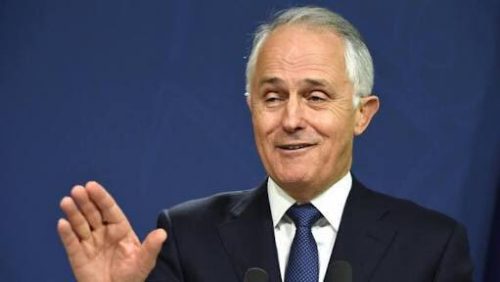










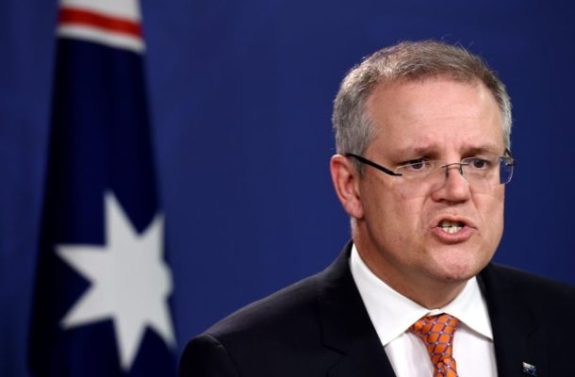
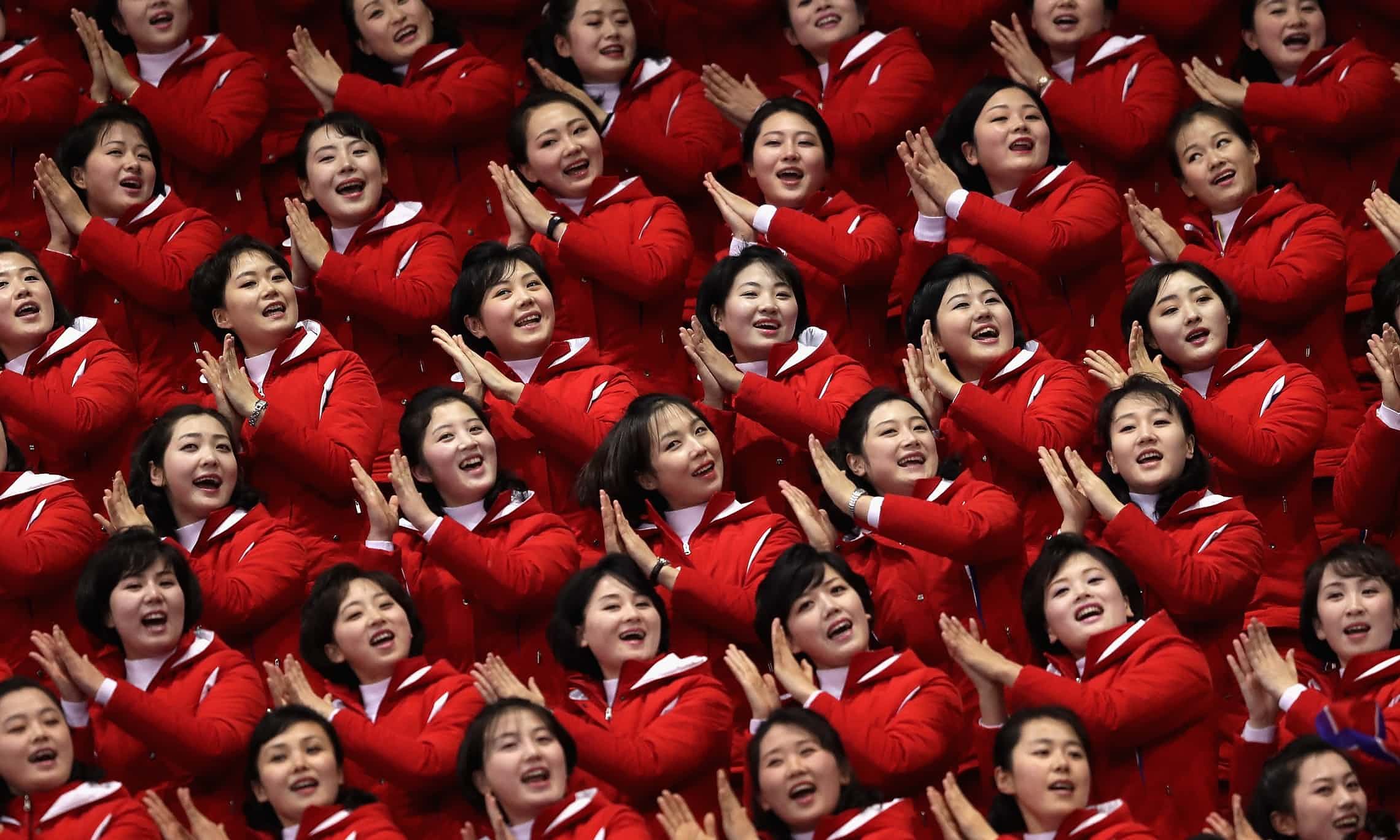
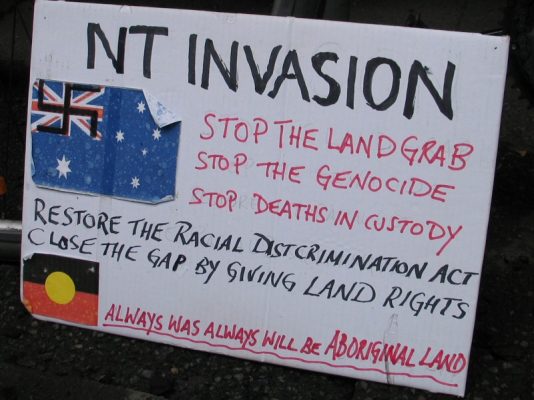
 Dr. Venturino Giorgio (George) Venturini, formerly an avvocato at the Court of Appeal of Bologna, devoted some sixty years to study, practice, teach, write and administer law at different places in four continents. He may be reach at George.Venturini@bigpond.com.au.
Dr. Venturino Giorgio (George) Venturini, formerly an avvocato at the Court of Appeal of Bologna, devoted some sixty years to study, practice, teach, write and administer law at different places in four continents. He may be reach at George.Venturini@bigpond.com.au.

